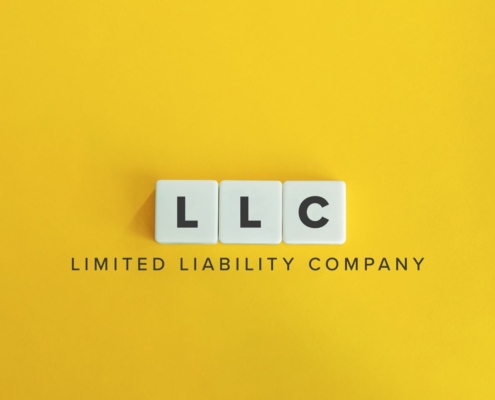What Is a Certificate of Status?
Anyone who owns a business in California and would like to transfer his or her business to another state will need to get a Certificate of Status. This may also be known as a Certificate of Good Standing or Certificate of Existence. The document proves that the business operates in compliance with the law. Other instances of requiring a COS include getting a loan or selling a business.
A California Certificate of Status is received from the Secretary of State and indicates the following:
- The business is a legal entity registered in California
- The Franchise Tax Board has not suspended it
- The business is allowed to do business in California
A Certificate of Status is not needed to conduct normal business operations in California. It is only needed in specific circumstances such as the following:
- Getting a line or credit or loan from a bank
- Opening a new bank account for the business
- Buying business insurance
- Selling some or all of a business
- Renewing permits or licenses
- Moving or expanding a business into another state
Corporations and LLCs are the most common entities to apply for a Certificate of Status. Limited partnerships may also require one on occasion. Sole proprietorships, however, are a kind of business that does not register with the state. Therefore, it is not eligible to receive a Certificate of Status.
1. How Does One Obtain a Certificate of Status?
Before a business owner begins the filing process, it is necessary that he or she ensures the business is compliant with state laws. This means the following:
- The company is up to date on all state, federal, and local taxes, including payroll taxes and unemployment insurance
- The business’ annual report (“Statement of Information”) has been properly filed with the Secretary of State. Previous years should also have been filed.
- State licenses and fees are up to date or paid.
2. What Information Must Be Provided?
Once an applicant downloads and prints the COS form, the following information should be provided:
Requester Information
This part of the form requests the business owner’s name, phone number, and address. The address can be the address of the actual business.
Return Method
The business owner should indicate how he or she wishes to receive the COS once it is completed. It can be picked up in person at the Sacramento office as soon as the next business day, or it can be mailed to the owner’s address.
Business Name
This part of the form requests that the company’s name be spelled out as it was when the Articles of Incorporation were filed. The Entity or File Number, as provided by the Secretary of State, should also be included. While this number is not needed, it may help the COS be processed faster. It is in this section, also, that the business owner should check the box indicating what kind of business it is.
Report Copies
This part of the form allows the business owner to order copies of various reports related to his or her business. These reports include the Articles of Incorporation and amendments, or other reports filed with the Secretary of State. That said, this is an optional section; copies don’t need to be ordered to receive a COS. If a business owner would like copies of these documents, he or she should note the relevant prices listed next to each type of report.
Certificate Requests
This section is where a business owner indicates that he or she would like a Certificate of Status. Depending on how many parties the owner is dealing with, multiple copies may be necessary. There is a place on the form to mark how many copies one would like.
Fax Number
It is possible for a business owner to receive a fax copy of the COS before receiving the certified paper copy. In this section of the form, one should fill out a fax number. Note: there is a $5 or $10 fax charge.
Fee Calculation
In this section, the business owner fills out the fee schedule; the fees are listed on the form. Fees may be paid by check or money order, payable to the California Secretary of State.
3. Filing the Request for a Certificate of Status
The California Secretary of State does accept requests for a certificate of status online.
A business owner may mail in the completed request form to:
Secretary of State
BE Certification and Records
P.O. Box 944260
Sacramento, CA 94244-2600
OR
The form may be filed in person and dropped off at:
1500 11th Street, 3rd floor, Room 380
Sacramento, CA 95814
Processing Times
If a business owner files a Certificate of Status in person, he or she should receive the certificate within one business day. It may be picked up at the same location as drop-off.
If a business owner chooses to mail in his request, he or she may expect to the certificate to be processed within one to two business days from the time of receipt.
Once the business owner receives his Certificate of Status, he or she may mail the certificate to the relevant parties.















